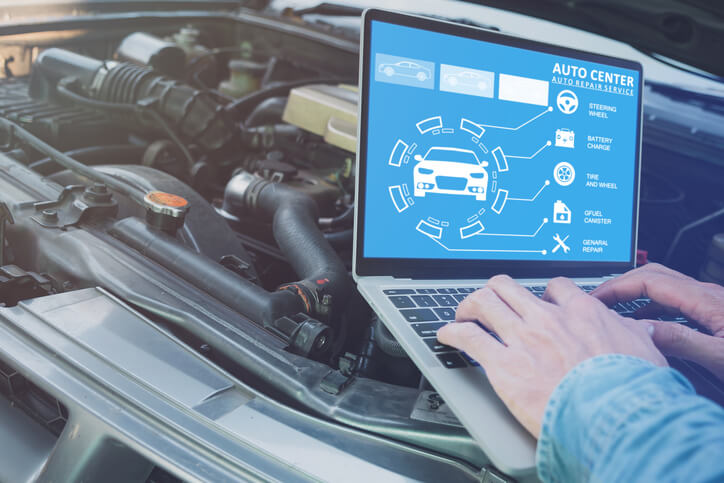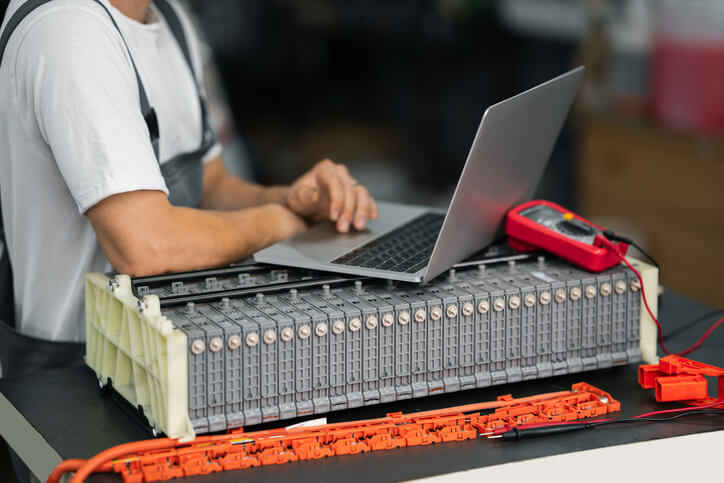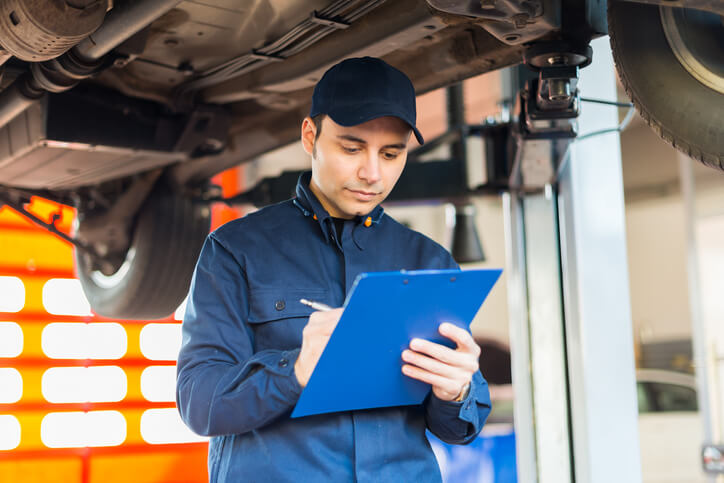Adaptability in the Age of EVs: Staying Flexible in a Changing Industry
Auto mechanic school sees how electric vehicles, smart diagnostics, and constant software updates are constantly evolving. The pace of change in the automotive world can feel overwhelming. The good news? One skill can help you stay ahead: adaptability.
Being adaptable means being open to learning new tools, methods, and systems, and staying confident when the technology around you changes. For aspiring mechanics, it’s the key to turning curiosity into a lasting career.
What Does Adaptability Mean for Future Mechanics?
For students entering the field, adaptability is more than a buzzword. It’s a mindset that will carry you through every stage of your auto career.
It’s about being ready to learn new techniques, from traditional engine repair to electric drivetrains, and being willing to adjust when things don’t go as planned. It’s also about embracing tools like AI diagnostics and digital systems, which are becoming standard in many shops.
Why Adaptability Is the Most Valuable Soft Skill

Technical skills are essential, but they’re not enough on their own. In a rapidly changing industry, the ability to adapt separates students who thrive from those who struggle. As the industry is evolving rapidly, your ability to learn and adapt will significantly impact your future auto career.
Here’s why it matters for aspiring mechanics:
- It keeps you employable. Technology evolves quickly. Learning new systems now prepares you for long-term career success.
- It builds confidence. When you’re used to learning, uncertainty feels like an opportunity instead of a roadblock.
- It strengthens problem-solving. Flexible thinkers can tackle challenges that don’t have a clear answer in a manual.
| Technical Skills | Soft Skills |
| Engine repair | Adaptability |
| Electrical systems | Communication |
| Diagnostics | Problem-solving |
| Safety standards | Teamwork |
How EVs and Smart Diagnostics Test Your Adaptability

Electric vehicles and AI-powered tools are reshaping the field. EVs rely on batteries, electronics, and software, meaning mechanics need to think differently than they would with a gas engine.
AI diagnostics predict component issues before they happen, which means being comfortable with technology and data is no longer optional.
For students, this is exciting: learning these skills now makes you confident and prepared for the kinds of vehicles you’ll encounter in the future.
How Students Can Build and Strengthen Adaptability
Adaptability is a skill you can develop, even before entering the workforce.
Tips for students:
- Stay curious. Read blogs, watch tutorials, and follow industry updates.
- Practice hands-on learning. Take workshops or explore new tools during training.
- Ask questions. Every time you don’t know something, treat it as a learning opportunity.
- Learn from mistakes. Early practice helps you see errors as part of the learning process.
- Finding a mentor. Connecting with experienced mechanics, whether during training or after graduation, can fast-track your growth. Mentors guide you through new technologies, share real-world experience, and encourage an open mindset that keeps learning fun.
Real-World Example: Adaptability in Action
Imagine an automotive school mechanic student who trained on gas engines but later starts learning about EVs. At first, the new technology feels intimidating. But by taking small steps (shadowing a mentor, completing a short course on electric drivetrains, and experimenting safely). They quickly become confident in EV diagnostics.
Their willingness to adapt doesn’t just help them learn, it gives them an advantage in future job opportunities.
Preparing for a Career in a Changing Industry
Change in the automotive field isn’t slowing down, and students who embrace adaptability get the head start they need.
Each new technology is a chance to learn, grow, and develop skills that keep you relevant in a career that’s always evolving. By staying curious, flexible, and open to new tools, students can turn uncertainty into confidence and start their careers ready for anything the auto industry throws their way.
In the age of EVs, adaptability isn’t just a soft skill. It’s your most reliable tool for building a long, successful career.
Are you ready to start auto mechanic school?
Explore ATC Montreal’s program and start building the skills for the future of the automotive world.
Frequently Asked Questions (FAQ)
Q: What soft skills should aspiring mechanics develop?
A: Adaptability is the most important soft skill, along with problem-solving, communication, and teamwork. These skills help students learn new technologies and work effectively in a changing automotive environment.
Q: Why is adaptability important for EV mechanics?
A: Electric vehicles rely on batteries, electronics, and software systems. Mechanics who are adaptable can learn new diagnostic tools, safety protocols, and repair techniques to stay confident and employable.
Q: How can students practice adaptability during automotive training?
A: Students can practice adaptability by staying curious, asking questions, embracing mistakes as learning opportunities, completing hands-on workshops, and seeking guidance from experienced mentors.
Q: Can adaptability help me find a job after training?
A: Yes. Employers value mechanics who can learn quickly and adjust to new technologies. Being adaptable increases your chances of landing jobs and advancing in a fast-changing industry.
Q: How do mentors help students become more adaptable?
A: Mentors share real-world experience, guide students through unfamiliar systems, and provide tips for approaching new technologies confidently, helping students grow their skills faster.


